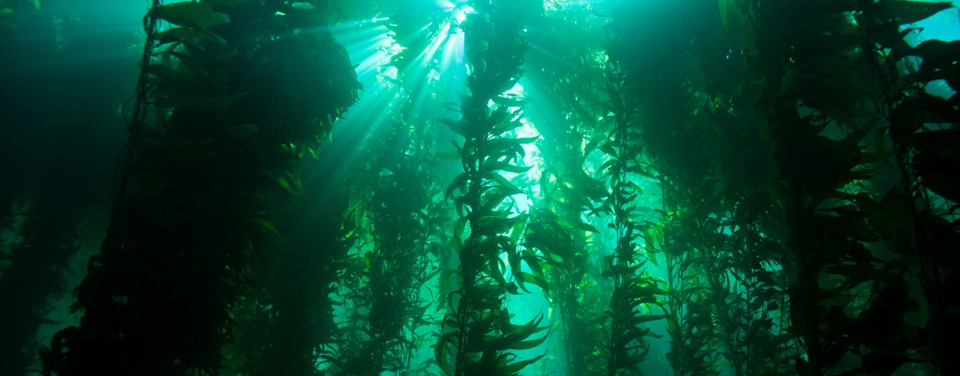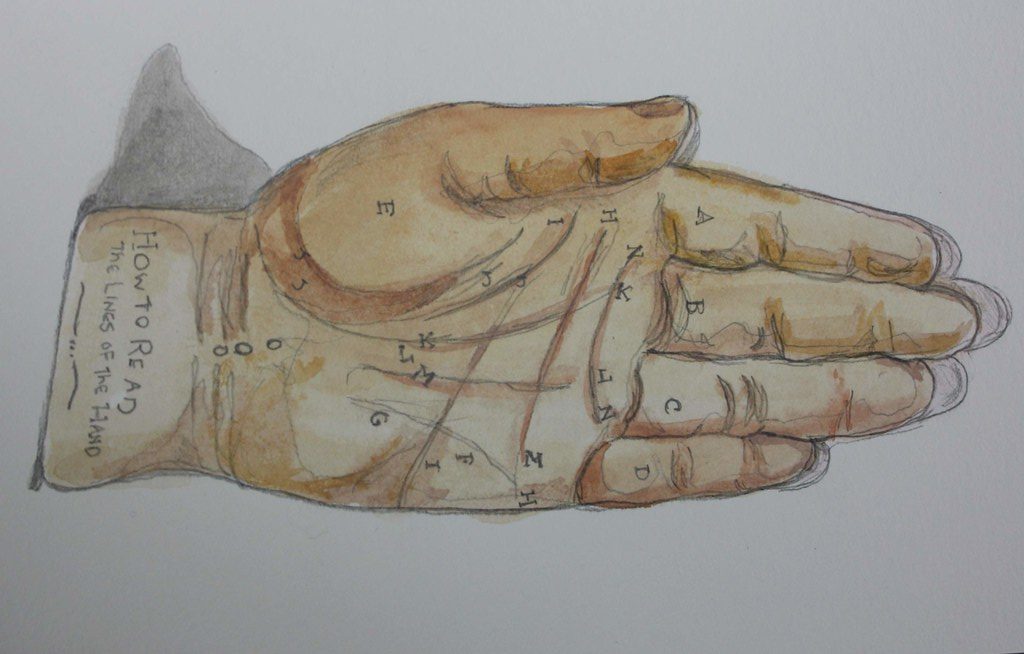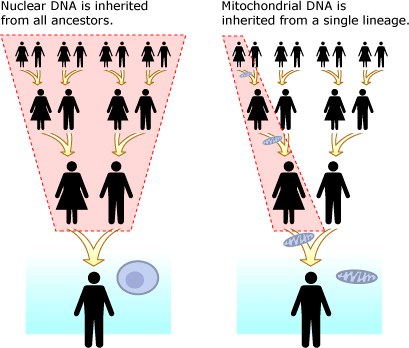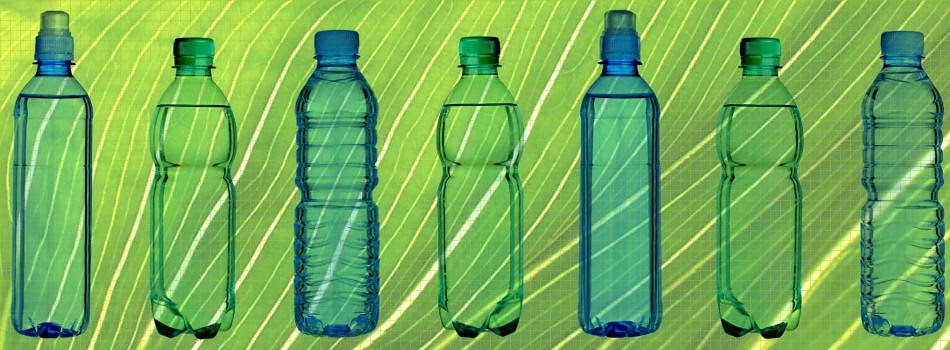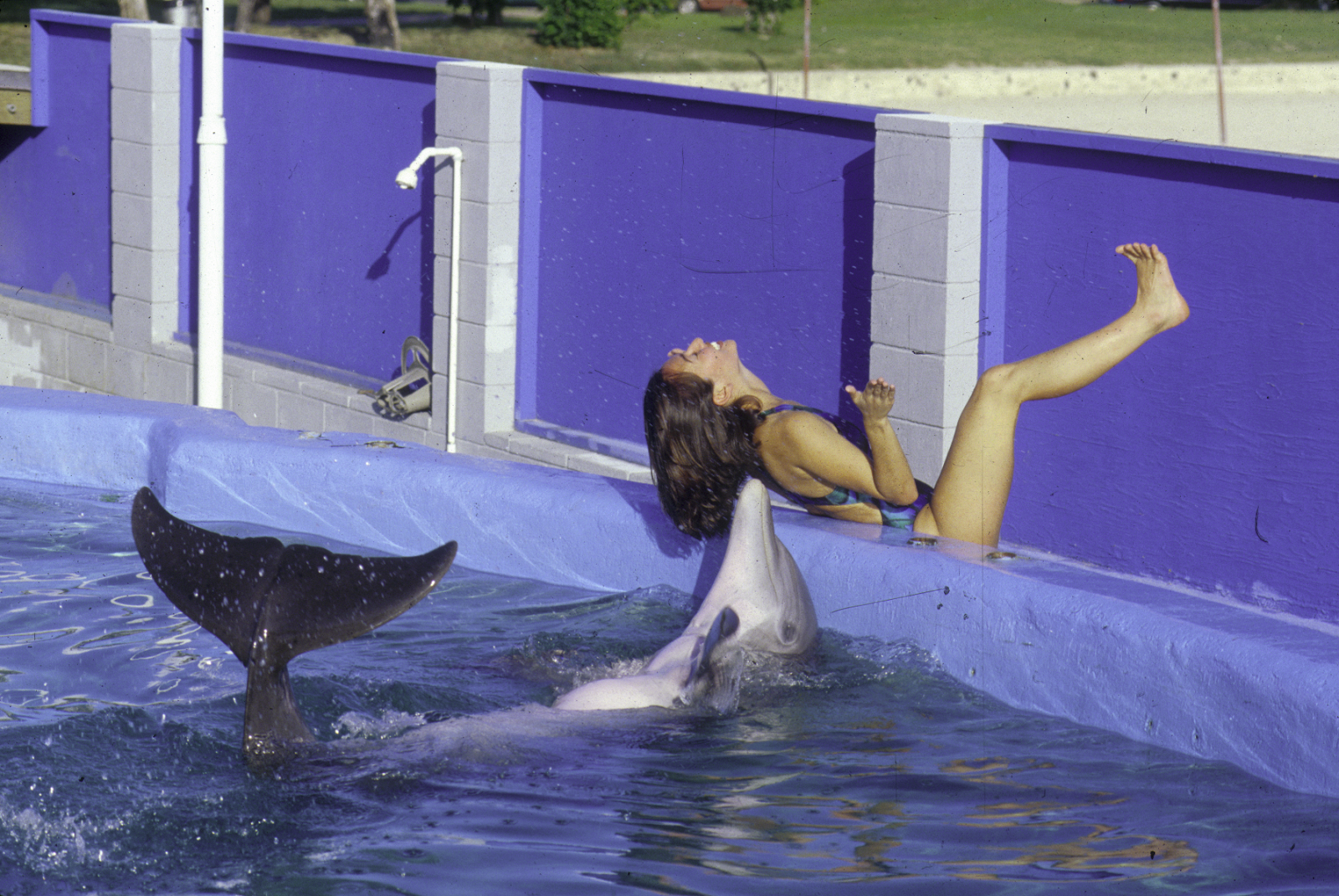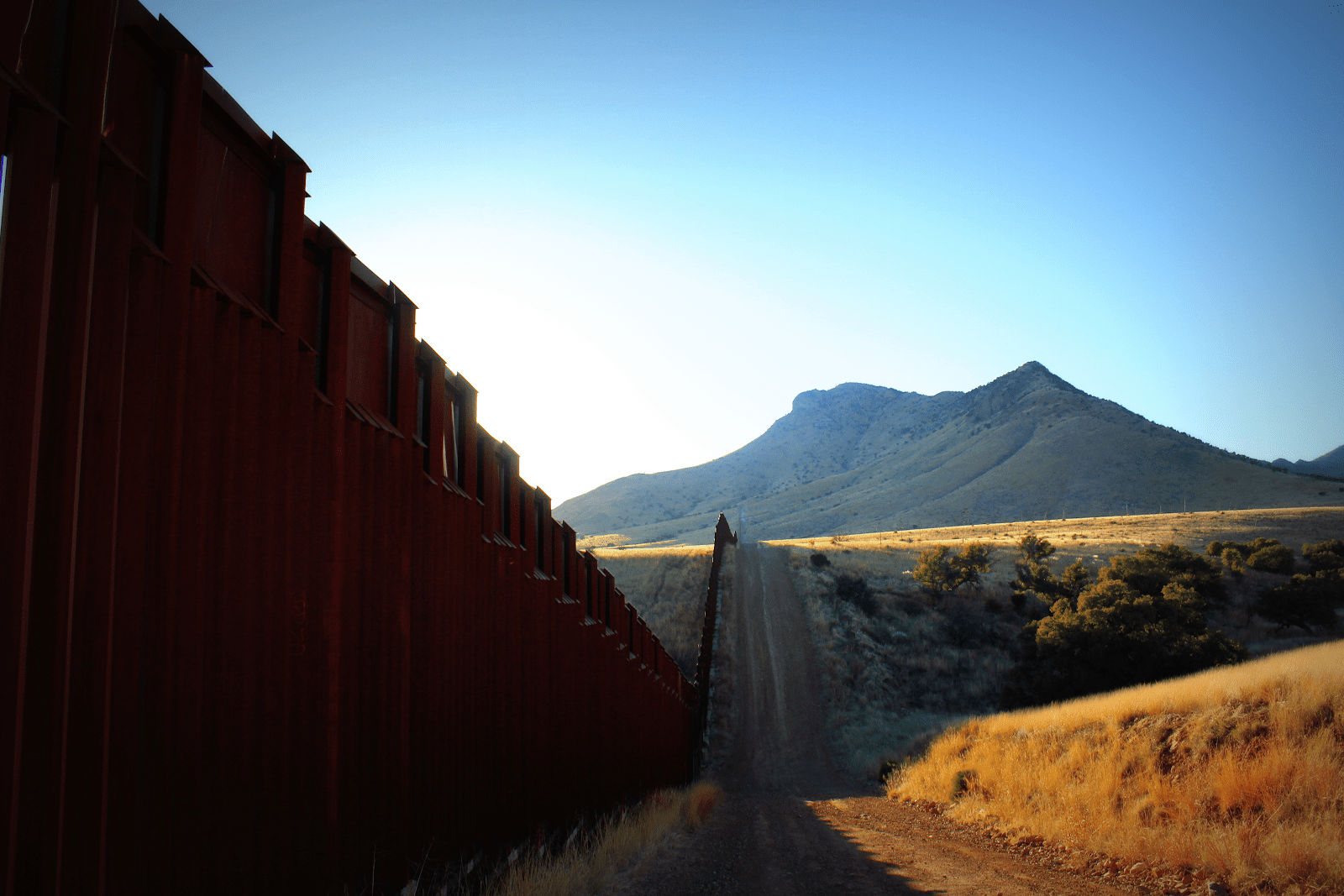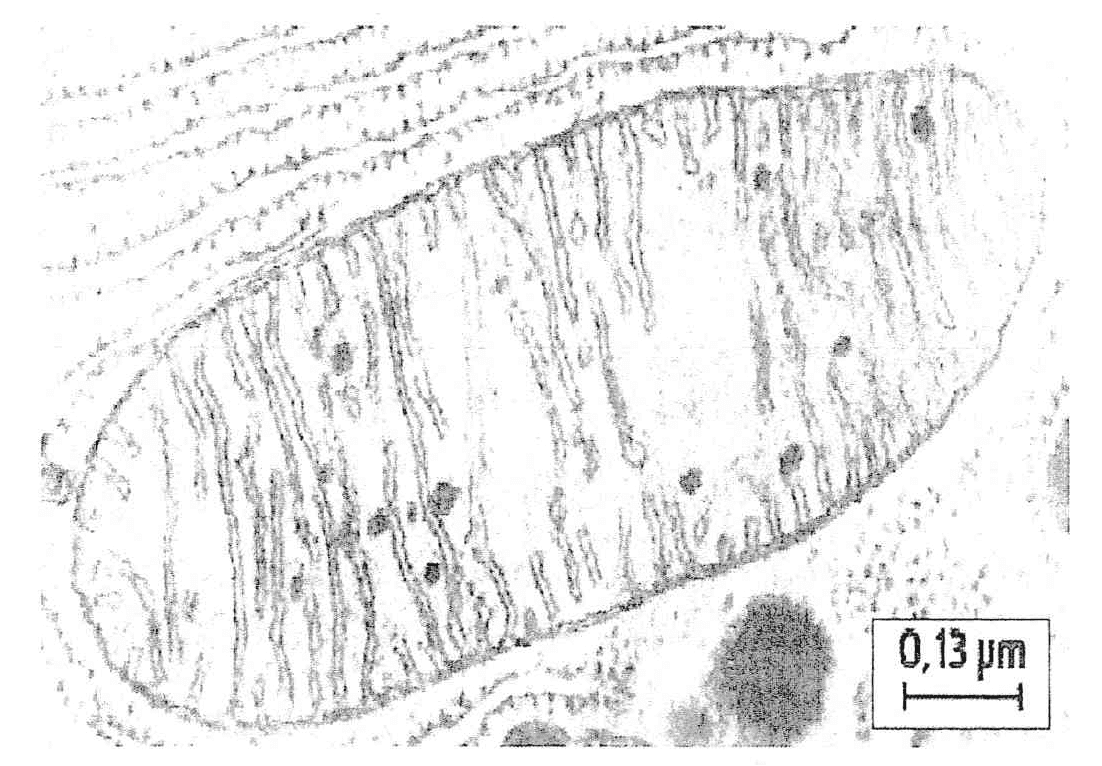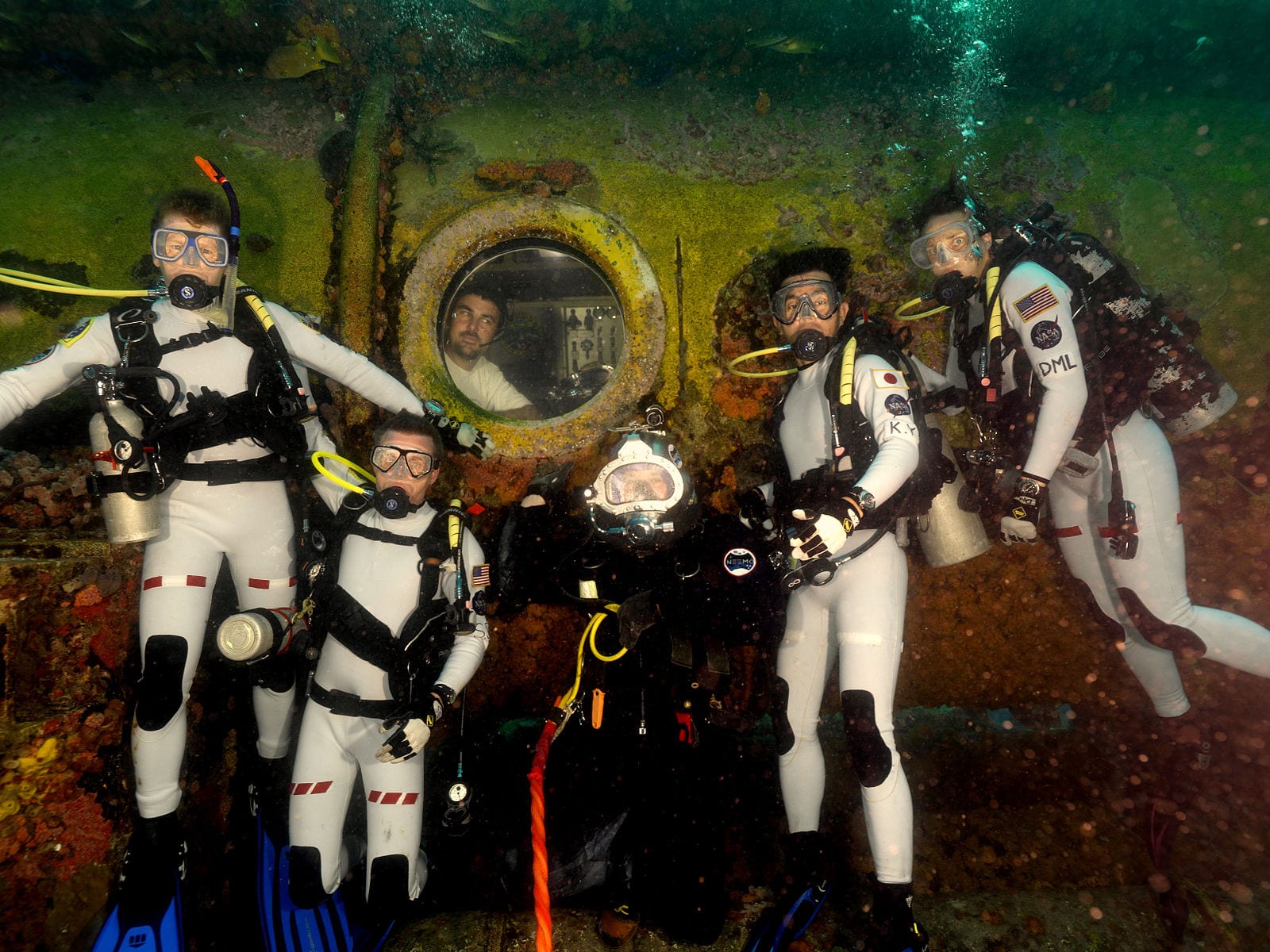
Your new favorite author is a robot
Have you ever wondered if the article you're reading was written by a human? I imagine you probably haven't. After all, why would there be any reason to assume otherwise? What about art or music; are you certain that the works you see and hear are truly human creations? AI is now smart enough to

